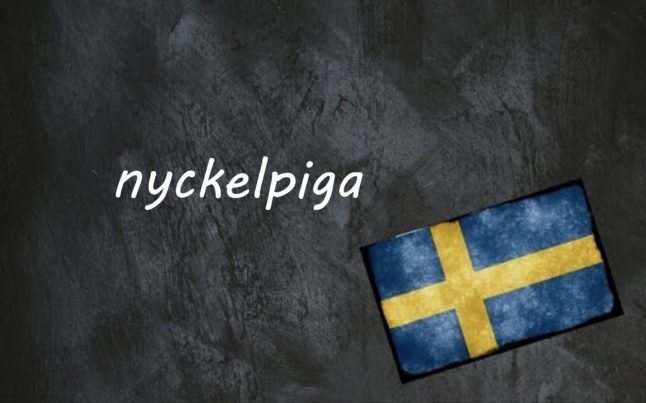Semester means 'holiday/vacation' in Swedish, and is used to refer both to the extended periods of leave from school, university, or work, and to overnight holidays. It's a pretty crucial word in Sweden, where full-time workers are entitled to at least 25 days' holiday by law, and up to four weeks of that can usually be taken consecutively during the summer.
READ ALSO: Everything you need to know about annual leave in Sweden
Hear how it's pronounced in the clip below:
That means that if someone says jag är på semester (I'm on holiday/leave), they might mean they've simply taken time off work, or that they're away travelling. And a semesterjobb is a temporary job undertaken during the holiday period, usually university summer holidays.
The related verb semestra means 'to go on holiday', for example 'vi ska semestra i Sverige i år' (we're going to go on holiday in Sweden this year). You can also use the phrase åka på semester instead.
So why is the meaning different from English 'semester', referring to a term of education?
Well, in Latin, semestris meant 'six-month', coming from sex (six) and mensis (month, from the word for 'moon'). It entered English and French through German as a word for a university or school term, as these were split into two units within a year; six months each.
In Swedish, though, semester has been used since the 18th century to refer to holidays, originally linked specifically to army officers, who had the right to a certain amount of vacation.
The Swedish word for a term of education is termin.
You can find the word semester in several compound nouns, such as campingsemester (camping holiday), semesterö (holiday island) or semestertillägg ('holiday supplement', the extra pay workers in Sweden receive when they take annual leave as part of the country's vacation law).
And the recently coined portmanteau hemester (hem or 'home' + semester) is the equivalent of the English term 'staycation' to refer to a holiday within one's country of residence. Less commonly, you'll hear svemester (from Sverige or 'Sweden' + semester), which means the same thing within Sweden.
Examples
Jag behöver en semester!
I need a holiday!
Vi tog en månads semester i Italien
We took a month's holiday in Italy



 Please whitelist us to continue reading.
Please whitelist us to continue reading.
Member comments